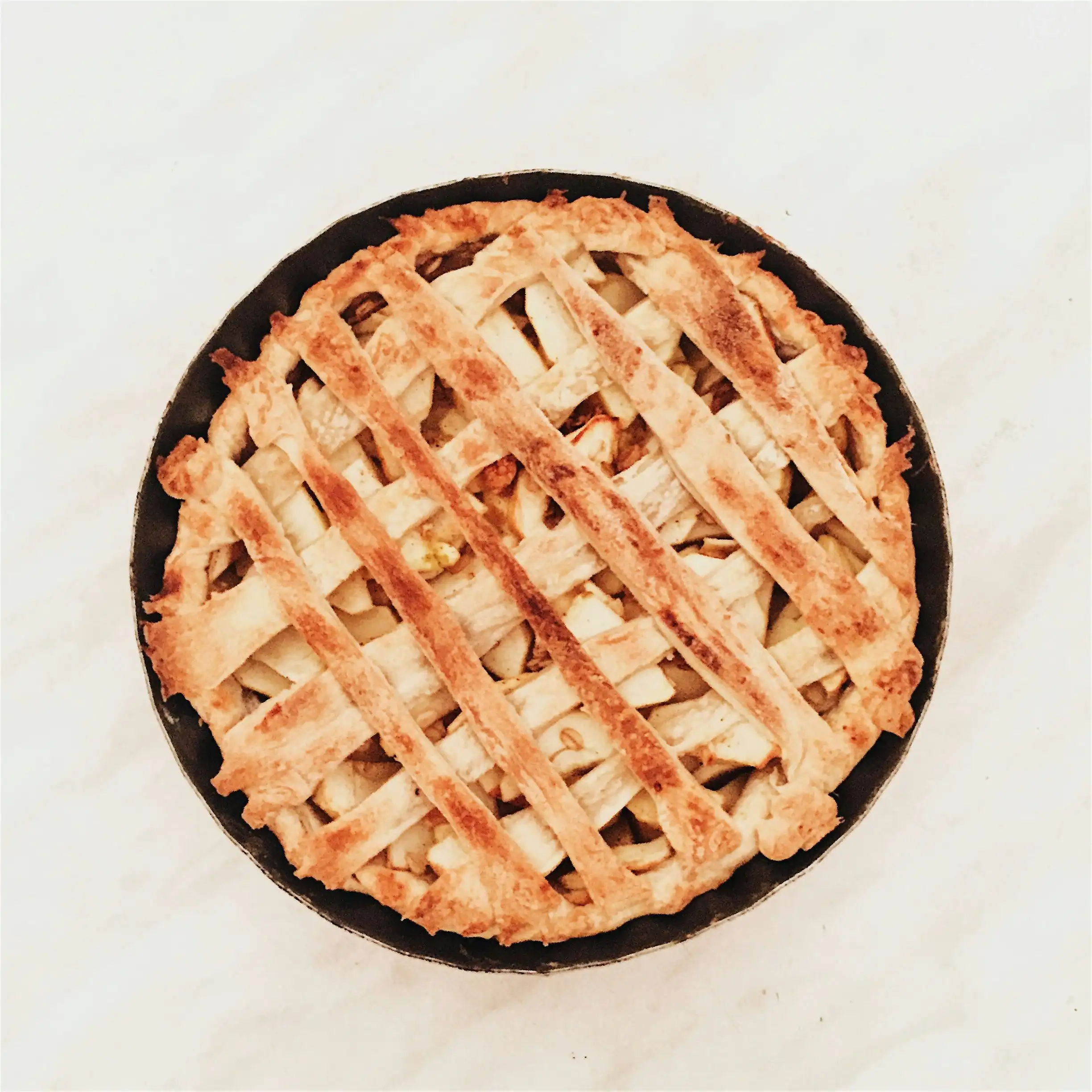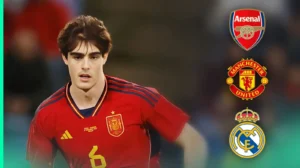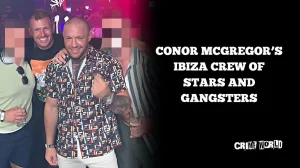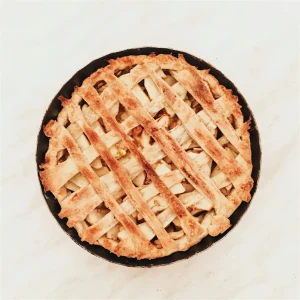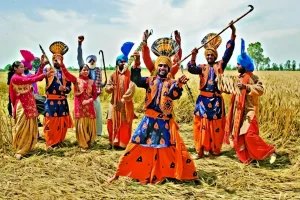Conor McGregor’s Presidential Bid, Tariffs, Erasing Irish Culture, and Deporting Rosie O’Donnell
In an era increasingly defined by celebrity crossovers into politics, Conor McGregor’s hypothetical bid for the Irish presidency (and perhaps beyond) would be nothing short of explosive. McGregor, a former UFC champion known for his brash persona, his quick fists, and quicker tongue, has long flirted with political commentary. But imagining a full-on political crusade brings an entire circus of possibilities — tariffs, accusations of cultural erasure, and even the deportation of American celebrities like Rosie O’Donnell. It sounds surreal, but in the age of celebrity politicians, it might not be as far-fetched as it seems.
Video Credits To: https://www.youtube.com/@TuckerCarlson
First, a technical note: Ireland doesn’t have a “presidential bid” in the American sense. The President of Ireland is essentially a ceremonial figure, while executive power rests with the Taoiseach (Prime Minister). Nevertheless, a McGregor campaign for either office would flip Irish politics on its head. His swagger and no-nonsense attitude would likely attract younger voters disillusioned with establishment politics, while simultaneously horrifying traditionalists. His platform? Likely a volatile mix of populism, nationalism, and unapologetic personal branding.
McGregor’s slogans practically write themselves: “Make Ireland Notorious Again,” “Proper Governance, Proper Twelve,” and perhaps even “No Retreat, No Surrender.” His campaign rallies would more closely resemble sold-out UFC fights than traditional town halls. Expect entrances involving fog machines, Irish rebel songs, and perhaps a few showboating right hooks aimed at metaphorical political opponents.
Tariffs: McGregor’s Economic Knockout Punch
One of McGregor’s first policy moves, if he followed the populist strongman playbook, would likely involve aggressive tariffs. Ireland, famously globalist in its economic posture (think low corporate taxes and a booming tech sector), could face a radical about-face.
McGregor might propose tariffs against British imports — a lingering nod to old animosities — and even against American corporations, arguing that tech giants have “colonised” Irish economic sovereignty. Imagine McGregor on the steps of Leinster House, thundering, “They take our taxes! They take our lands! They take our culture! It’s time we take it back!”
Of course, such a move would wreak havoc on Ireland’s delicately balanced economy, which thrives on foreign direct investment. Tariffs could risk pushing multinational corporations like Google, Apple, and Facebook to relocate their European headquarters elsewhere. But the raw emotional appeal might be enough for a short-term surge in popularity, especially among voters frustrated by economic inequality and rising housing costs.
Erasing Irish Culture — or Saving It?
A significant theme of McGregor’s hypothetical platform would be the preservation of “authentic” Irish culture. In his view, modern Ireland might have strayed too far from its roots, diluted by globalisation, Americanization, and the European Union’s homogenising influence.
Thus, McGregor could launch initiatives to revive traditional Irish language use, force government officials to be fluent in Gaelic, and pour money into GAA sports while cutting funding for “foreign” activities. Riverdance? Approved. Hip-hop dance crews? Suspect. Guinness? Protected. Starbucks? Heavily taxed, if not outright banned.
Critics would howl that McGregor’s vision for Ireland was narrow, exclusionary, and dangerously nostalgic. They would accuse him of “erasing” modern Irish culture, which today includes an increasingly diverse population, from immigrants to tech entrepreneurs. Yet McGregor would likely double down, claiming he’s not erasing Irish culture — he’s rescuing it.
The battle would be fought not just in parliaments, but in pubs, on radio talk shows, and online, where McGregor’s meme-ready soundbites would saturate TikTok, Twitter, and Instagram.
Deporting Rosie O’Donnell: The Ultimate Publicity Stunt
Then there’s the matter of Rosie O’Donnell. How she became a political target in McGregor’s Ireland would be a story in itself — perhaps she makes a snarky comment about him on a late-night show, maybe she backs a protest against him, or possibly McGregor simply decides he needs a headline-grabbing enemy.
Imagining McGregor publicly threatening to deport Rosie O’Donnell — an American citizen — would be an unprecedented escalation of political theatre. Never mind that Rosie likely wouldn’t even live in Ireland; deportation threats would become a symbolic message: “You criticise Ireland, you’re out.”
McGregor’s supporters would erupt with laughter and glee. His critics would see it as another sign of authoritarian tendencies. International media would swarm to cover the feud, boosting McGregor’s visibility far beyond the Emerald Isle.
Of course, under Irish law, deportation of a non-resident celebrity would be, at best, a bureaucratic impossibility. However, for McGregor, legal reality would be a secondary concern to optics. In his world, optics are reality. And threatening to deport Rosie O’Donnell would encapsulate his political style: aggressive, headline-grabbing, deeply personal — and ultimately impossible to ignore.
The Global Fallout
A McGregor presidency (or prime ministership) would shake not just Ireland, but the world. EU leaders would wring their hands at Dublin’s sudden shift toward nationalism. Brexit architects in the UK might bizarrely find a kindred spirit across the Irish Sea. American politicians would face tricky questions about their alliances with a McGregor-led Ireland, especially if U.S. companies began fleeing the country or if McGregor threw around casual threats against U.S. citizens.
Populist movements worldwide would cheer McGregor’s defiance of global elites. Some would call him the Irish Trump; others, a Celtic Bolsonaro. McGregor himself would likely reject any comparisons, insisting he is a singular figure: a product of Dublin streets and UFC cages, not think tanks or political dynasties.
A Notorious Future
Would Conor McGregor actually succeed in politics? It’s hard to say. His charisma is undeniable, and his ability to command attention is unparalleled. Yet politics — real politics — demands patience, compromise, and a willingness to sit through endless committee meetings. None of these are exactly McGregor’s strong suits.
Still, in an increasingly chaotic world where voters prize authenticity over experience, a McGregor presidency isn’t as ridiculous as it first sounds. Tariffs, culture wars, celebrity feuds — all would form the wild backdrop to an era of “Notorious” politics.
Maybe the real question isn’t whether McGregor could win. Perhaps the real question is whether the world, and Ireland itself, is ready for what comes after he does.



